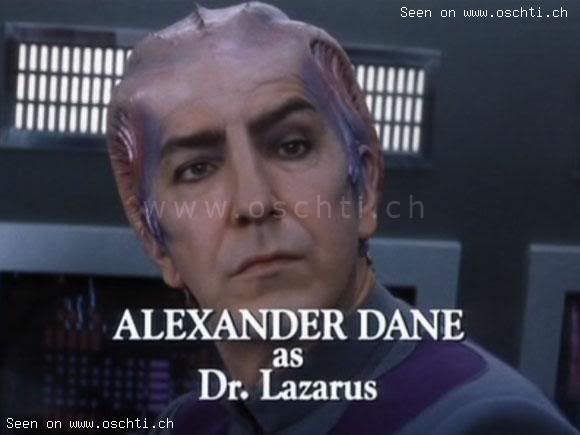@Narvik:
That myth could have fooled me. I always believed that Hitler attacked Russia because he had promised to do so in his book Mein Kampf, written in 1920, long before Stalin was even remotely able to make plans about invading Germany
You will recall that Hitler was a soldier, who later became a politician. Like other democratically elected politicians, Hitler promised good things to his constituents. As a general rule, democratically elected politicians make many promises, but seldom deliver on those promises. (At least that’s been the pattern in my country, the United States.)
The Soviet Union was the most evil major regime in human history. Hitler’s pledge to bring that criminal regime to justice was a very lofty promise. Ridding the world of Soviet evil would have helped the world more than a cure for cancer. Unless you or someone you know was the victim of Soviet crimes against humanity, it’s hard to fully appreciate the full magnitude of the promise to rid the world of Soviet evil.
However, when a politician pledges to make the world a better place in some way, there is a good chance he’s being insincere. Was Hitler’s promise to make the world better (by destroying the evil of communism) just another hollow campaign promise from another democratically-elected politician? My sense is that Hitler’s promise to destroy communism was made sincerely, and that he really did intend to follow through on the commitment he’d made.
In 1940, Hitler thought he had the luxury of putting off that invasion until a later time. Sure, he would have invaded eventually. But in the meantime, his trade agreement with the Soviet Union was helping Germany wage war against Britain. So why not clean up the mess in the west now (for example by conquering Britain itself, or at least a good share of the British Empire), while putting off the invasion of the U.S.S.R. until some other time?
But the Soviet Union undertook a number of measures which, collectively, convinced Hitler he no longer had the time he’d once thought. A few months after the Nazi-Soviet Pact was signed, the U.S.S.R. invaded Finland. Finland’s Mannerheim Line was probably the best-defended terrain on the surface of the Earth. While the Germans found a way to go around the Maginot Line, the terrain left the Soviet invasion force with no choice but to plow straight through the Mannerheim Line. Such a feat was widely considered impossible, but the Soviets achieved it in only a few months’ time. After having conquered Finland’s defenses, Stalin allowed Finland to retain the bulk of its land. The Soviet government announced the Red Army had fought poorly in that war, and Hitler naively believed those propaganda claims. (Hitler was not normally one to gullibly accept communist lies. In this case, however, Soviet propaganda dovetailed with poor Russian performance in WWI, and with Hitler’s racial beliefs about Slavic inferiority.)
Shortly after his success against Finland, Stalin demanded a slice of Romania. The Romanians had no choice but to acquiesce to that demand, because their nation was far less well-defended than Finland had been. Germany was utterly dependent on Swedish iron ore, and on Romanian oil. With the Mannerheim Line conquered, Stalin was excellently positioned to take the rest of Finland, and to cut Germany off from its Swedish iron ore. With the Soviets having helped themselves to a large slice of Romanian land, and with them strongly hinting at a desire for another slice, the Romanian oilfields were also in jeopardy. During 1940 it had become increasingly clear that the primary focus of Soviet expansionism was westward, and not (as Stalin had claimed) southward.
Hitler began his preparations to invade the Soviet Union several months after the U.S.S.R. had begun gearing up to invade Germany. However, Germany proved quicker on its feet than the U.S.S.R. Partly that was because Germany had a better road and rail network than the Soviets. That was also partly because the Germans had fewer men and machines to ship; and needed to ship them over a much shorter distance than was the case for Soviet men and machines. Finally, Germany had the best-run military of any major participant in WWII. The competence gap between the Germans and Soviets was much larger than Soviet prewar planning had suggested. Germany invaded on June 22nd; whereas the Soviet troop movement to the front had been scheduled for completion on July 10th, 1941.







